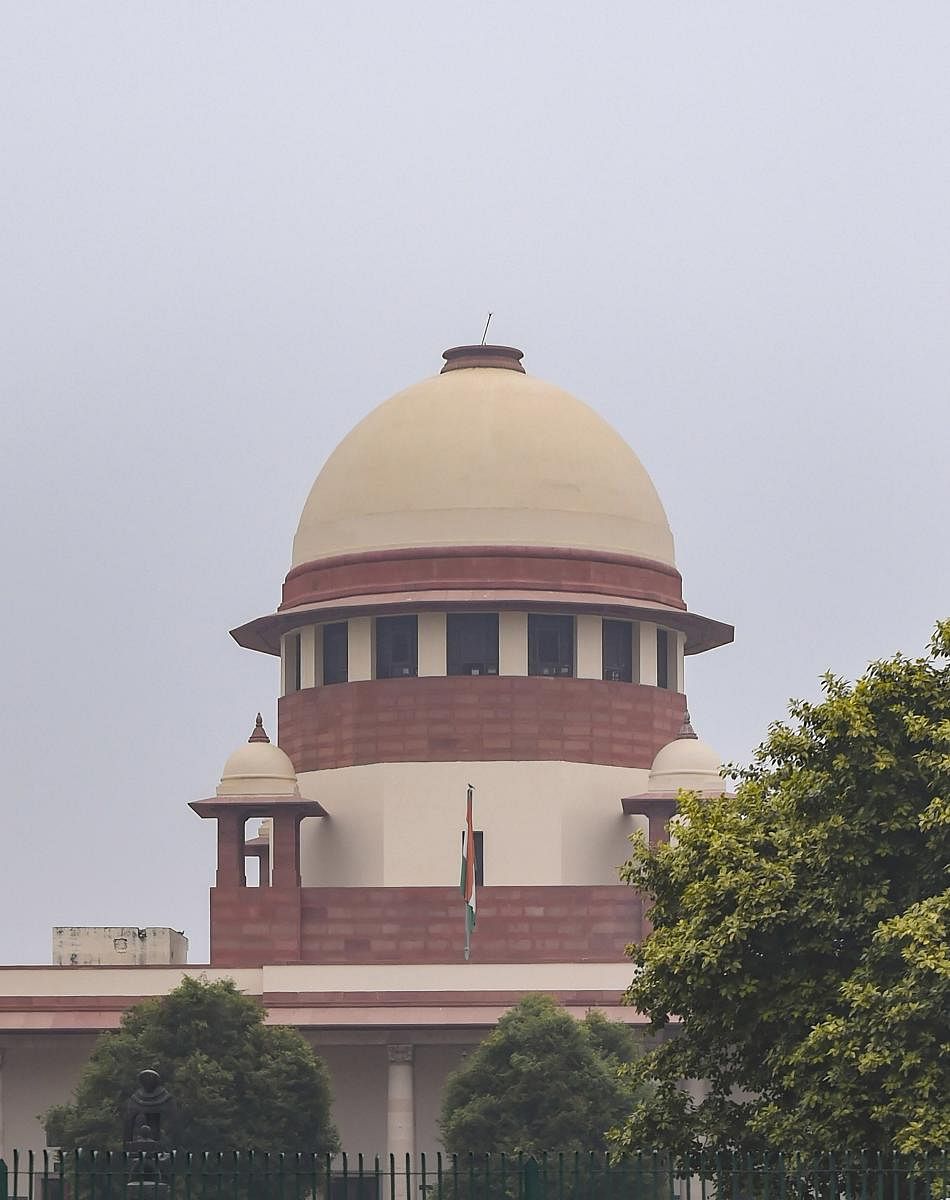
The Supreme Court on Friday agreed to consider making victim and society-centric guidelines in death penalty cases, in order to prevent the convicts exploiting the legal process to delay their executions.
“In absence of society and victim's interests, there is a vacuum. All the guidelines laid down in 2014 judgement were accused centric,” Solicitor General Tushar Mehta submitted a bench of Chief Justice S A Bobde and Justices B R Gavai and Surya Kant.
The court, while deciding to examine the matter by issuing notice to the other parties in 2014 judgement, however, made it clear that it would not consider altering conviction and sentence in any previous case.
With a delay in execution of four convicts in the Nirbhaya case after re-scheduling of death warrant, the Ministry of Home Affairs last week approached the top court in Shatrughan Chauhan case (2014). The apex court framed accused-centric guidelines, ignoring the plight of the victims' families in the case. In case of multiple convicts, they go on filing one petition after another, delaying the execution, it said.
In taking care of convicts' rights, it is more important and need of the hour to lay down guidelines in the interest of the victims, their families and in larger public interest, lest the convicts found to be guilty of such horrible, and dreadful, cruel, abominable, ghastly, gruesome and henious offences would be permitted to play with the majesty of law and prolonged the execution of the sentence awarded to them in accordance with the law, it had said.
MHA wants SC to lay down:
* Death warrant to be issued within seven days of rejection of mercy petition
* Execution within seven days thereafter, irrespective of pendency of plea by co-convicts
* Mandatory seven days deadline for the convict for filing mercy plea, on issuance of death warrant.
* Filing a curative petition in SC to be time-barred.
* Notably, jail manuals in several states mandated execution of co-convicts simultaneously.
* 2014 judgement set a minimum time limit of 14 days between issuance of death warrant and execution of the convict.
* Once the convict comes to know of his ultimate fate, it is de-humanising to delay the execution.
